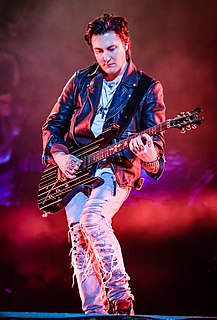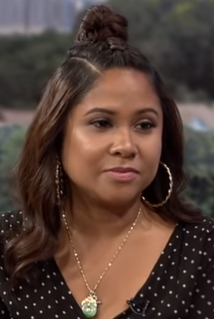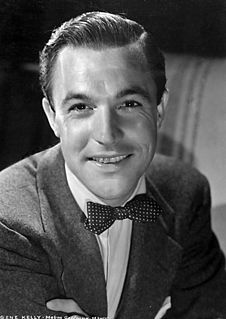A Quote by Darryl Pinckney
The novel and the film of 'The Color Purple' are both works of the imagination that make claim to historical truth.
Quote Topics
Related Quotes
If you're writing a book where you want to make a positive truth claim, then you should absolutely call it nonfiction or memoir. If you don't want to make that claim - if that's not what's important to you; if you're more interested in storytelling and interiority and interpersonal relationships than in objective, checkable facts about the world - then why wouldn't you call it a novel, and take advantage of what that gets you, of the extra freedom, of belonging to the tradition of the novel?
Purple has always been my favorite color... but purple, when I was a little kid, was a color that boys weren't really allowed to wear. That's what all the kids at school told me. I filled my wardrobe with as much purple as I could possibly find, because who cares? Life's too short to dress by other people's rules.
Writers of historical fiction are often faced with a problem: if they include real-life people, how do they ensure that their make-believe world isn't dwarfed by truth? The question loomed large as I began reading 'The Black Tower', Louis Bayard's third foray into historical fiction and fifth novel overall.
When we experience a film, we consciously prime ourselves for illusion. Putting aside will and intellect, we make way for it in our imagination. The sequence of pictures plays directly on our feelings. Music works in the same fashion; I would say that there is no art form that has so much in common with film as music. Both affect our emotions directly, not via the intellect. And film is mainly rhythm; it is inhalation and exhalation in continuous sequence.
For a ridiculous analogy, let's take Purple Rain. If you were to put Purple Rain and The Sound of Music on the desk of a producer, he or she would know that the majority of moviegoers would rather listen to Prince. Since they are in the business of making money, no one can blame them. But if it ever came to the decision of making a film like that I'd say, "No." They are very easy films to make, though. In Purple Rain there is nothing complex about the way that they dance. Or sing. It would be a bit boring for an adult to make that film. It just wouldn't test their métier.
I do think some games are works of art, although their medium is visual rather than verbal. Both games and novels allow the reader/player to become a protagonist in the theater of the imagination. Both build worlds. In my opinion, the big difference between game and novel is in narrative structure. Communal role-playing games are open-plan without an end. A novel - at least the kind I write - has a closed structure with a beginning, a middle, and an end. I like that closed structure, and I feel I can say more with it.
I'm always trying to make something that is impossible to film. Why would somebody just read a novel when they can see it on TV or in the cinema? I really have to think of the things fiction can do that film can't and play to the strengths of the novel. With a novel, you can get right inside somebody's head.
Economy and ideology. The claim (presented as an essential postulate of historical materialism) that every fluctuation of politics and ideology can be presented and expounded as an immediate expression of the structure, must be contested in theory as primitive infantilism, and combated in practice with the authentic testimony of Marx, the author of concrete political and historical works.







































